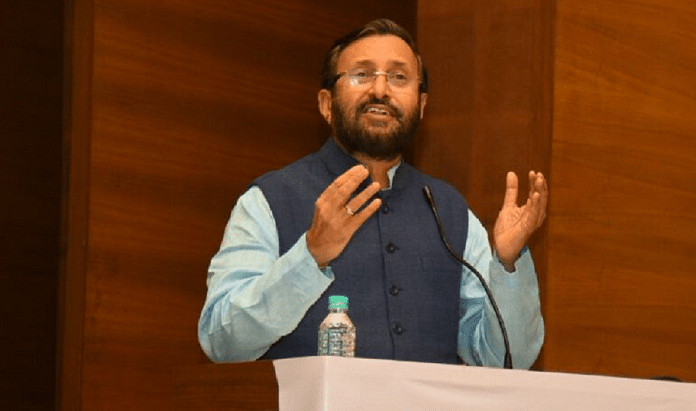Institutions will get interest-free loans from HEFA, which will leverage funds from the market and supplement them with donations and CSR funds.
New Delhi: The union cabinet Wednesday gave the nod to the Higher Education Funding Agency (HEFA) to mobilise Rs 1 lakh crore for research and infrastructure development at institutions until 2022, a move aimed at doing away with the grants-in-aid system.
So far, government institutions have been receiving a significant chunk of money as grants. With the setting up of HEFA by the Modi government, institutions will have to send proposals on where they want to utilise the money and they will be given interest-free loans from government through the funding agency.
The BJP-led central government had announced the establishment of HEFA in the 2016-17 budget. It will leverage funds from the market and supplement them with donations and CSR funds.
HEFA, which has been recognised as a non-banking financial institution (NBFC) by the Reserve Bank of India, will give interest-free loans to institutions including central universities, technical institutions, IITs and medical colleges.
A new clause of letting the central government-run Kendriya Vidyalayas and Navodaya Vidyalayas to avail funds from HEFA has also been added by the government.
“Increase of allocation for education from Rs 65,867 crore in 2013-14 to Rs 1,10,000 crore in 2018-19 (67 per cent increase) without any raise in fee is a huge push for research and academic infrastructure with social equity,” HRD minister Prakash Javadekar tweeted Wednesday.
Calling the cabinet decision a landmark move, Javadekar said “the substantial allocation will help India compete at the world stage”.
This is a major shift in the funding model for higher education. As per government officials, the need for this change was felt after it was realised that some education institutions are not utilising the funds given to them in a proper manner.
“There was also a need to bring in private players in higher education system so that the system can get a boost,” a senior official in the HRD ministry said.
“Wherever there is a robust higher education system, it has survived because of the participation of both public and private players. It was high time India moved to this system,” the official added.



